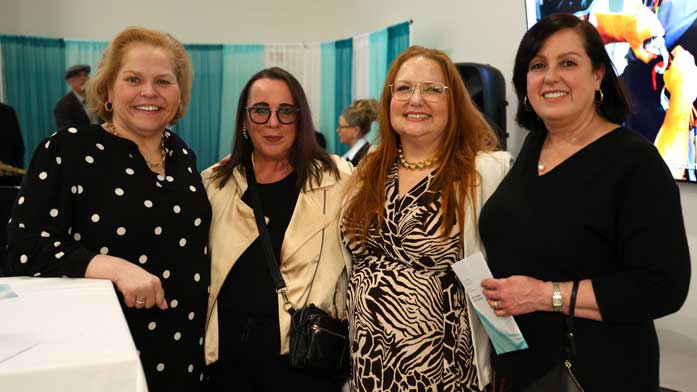Remembering Bristol Community College Foundation in your will is a wonderful way for you to make a lasting gift. Large or small, your bequest will make an important contribution to our long-term strength and our ability to carry on with our activities.
A charitable gift from your estate is a favored method of giving that enables you to achieve your financial goals and benefit Bristol Community College Foundation. No other planned gift is as simple to make or as easy to change, should you ever need the assets during your lifetime.
A bequest may be right for you if:
- You want to make a gift to Bristol Community College Foundation.
- You want the flexibility to change your mind.
- You want continued access to your wealth, should you need it.
- You are concerned about outliving your resources.
The following is intended to help you and your attorney in drafting a bequest that satisfies your interests. As you consult your attorney on the selection of appropriate wording to reflect your own goals and intentions regarding Bristol Community College Foundation, be sure our organization’s correct legal name appears in all final documents as:
“Bristol Community College Foundation Inc., 777 Elsbree Street D109, Fall River, MA 02720, a Massachusetts nonprofit corporation, or its successor, Federal Tax Identification Number: 04-2707491.”
General Bequest of a stated sum of money may be worded:
“I give to Bristol Community College Foundation Inc., 777 Elsbree Street D109, Fall River, MA 02720, a Massachusetts nonprofit corporation, or its successor, Federal Tax Identification Number 04-2707491 [insert here the exact dollar amount].”
Specific Bequest of a certain asset from your estate may be worded:
“I give to Bristol Community College Foundation Inc., 777 Elsbree Street D109, Fall River, MA 02720, a Massachusetts nonprofit corporation, or its successor, Federal Tax Identification Number 04-2707491, [insert here a description of the particular property].”
Residuary Bequest, after other bequests and expenses have been paid, may be worded:
“I give to Bristol Community College Foundation Inc., 777 Elsbree Street D109, Fall River, MA 02720, a Massachusetts nonprofit corporation, or its successor, Federal Tax Identification Number 04-2707491, all [or a portion] of the rest, residue and remainder of my estate.”
Contingent Bequest if the person making the will is not survived by certain individuals:
“If [name/s of primary beneficiary/ies] do/es not survive me, or shall die within ninety (90) days from the date of my death, or as a result of a common disaster, then I give to Bristol Community College Foundation Inc., 777 Elsbree Street D109, Fall River, MA 02720, a Massachusetts nonprofit corporation, or its successor, Federal Tax Identification Number 04-2707491, [insert here the exact dollar amount, description of property, or percentage of residual estate].”

